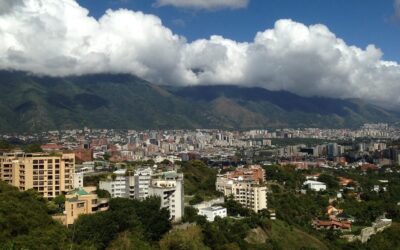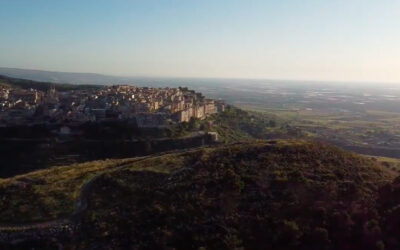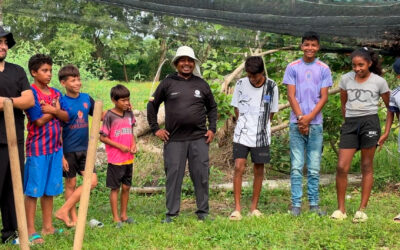It’s a great honor and joy for me to be here and to represent Chiara Lubich, the founder and president of the international Focolare Movement, on this occasion.
The link between Chiara Lubich and Pr. Barber is much more than a deep friendship. It is a reciprocal convergence of views and commitments.
Since the first Interdependance Day which took place in Philadelphia, U.S.A., it became obvious that the main goal of the Focolare Movement – to work for the unity of the human family – strongly supported all the values of the Interdependence ideal.
According to Chiara Lubich, universal brotherhood is the basis and the guarantee of true interdependence among peoples. The recent tragic events in the world show that fraternity is an inalienable condition to reach a future of peace. But fraternal interdependence requires the contribution of all the powers, not only the political ones but also the cultural and spiritual ones.
The topic of this third Interdependance Day, “Arts and culture at the heart of Interdependence” really moved me, it’s almost prophetic.
When I met the focolare Movement in the sixties, I was ballet dancer at the Scala of Milan and I was about to leave for the Bolshoi, in Moscow. The life style of the focolare opened new perspectives to me, well described by the following words of Albert Camus :
“Often he who has chosen the fate of the artist because he felt himself to be different, soon realizes that he can maintain neither his art nor his difference unless he admits that he is like the others. The artist forges himself through a continuous to-and-fro between himself and the others, midway between the beauty he cannot do without and the community he cannot tear himself away from.”
In fact, in the course of my long international career, I have experienced how much relationships with others and brotherhood have been a source of inspiration for me, especially through the creation of an international school of ballet dance with a Rumanian dancer. As a matter of fact, I discovered with amazement how enriching it is to put aside one’s own inspiration and culture in order to welcome those of someone else.
But this model of brotherhood has also generated various projects and meetings among artists of different ages, trends and cultures, where they could experience the fruitful sharing of talents, inspirations and compositions. Many young artists have become interested in this new way of working, and they are searching for new artistic expressions, which are open to a transcending dimension.
Chiara Lubich once said : “The artist is probably the closest to God (…) He is able to transmit what is the most sacred on earth : the human soul.”
The Focolare Movement would like to contribute to the revelation of the high vocation of the artist. It implies that the artist should let his soul be expanded through love and communion with others, and that he should draw from his inner self an art, that witnesses the suffering and distress of human kind, but also reveals its deepest aspirations and the infinite which each person has within him or her self : art as a sign of hope for the whole world.




0 Comments